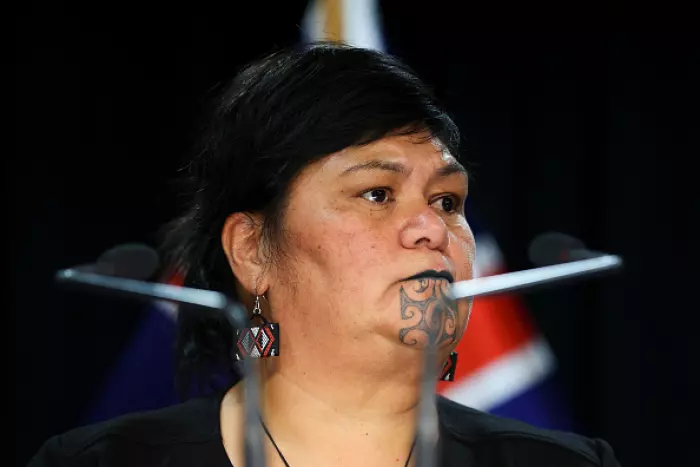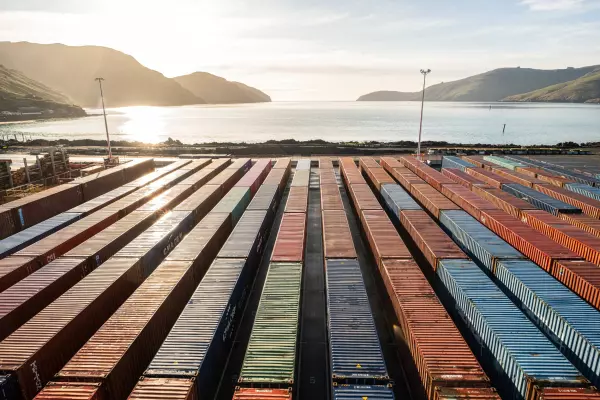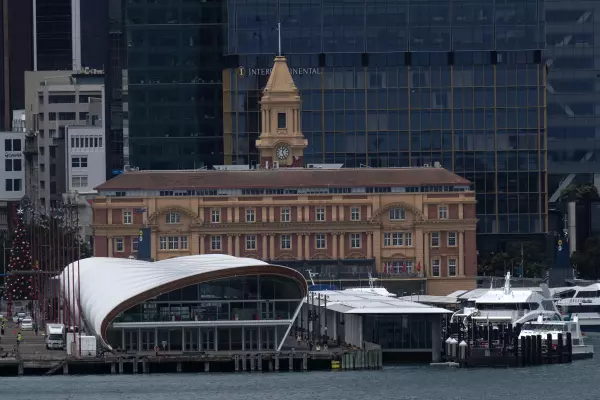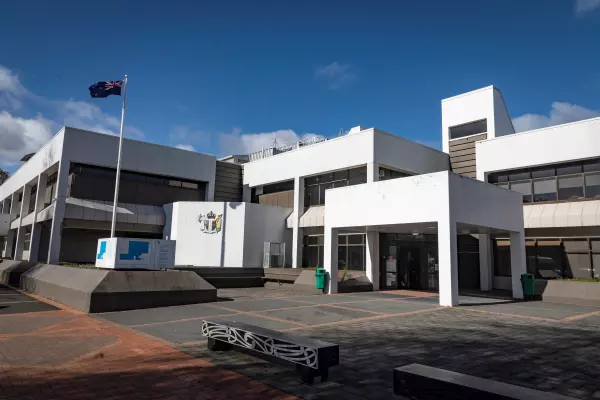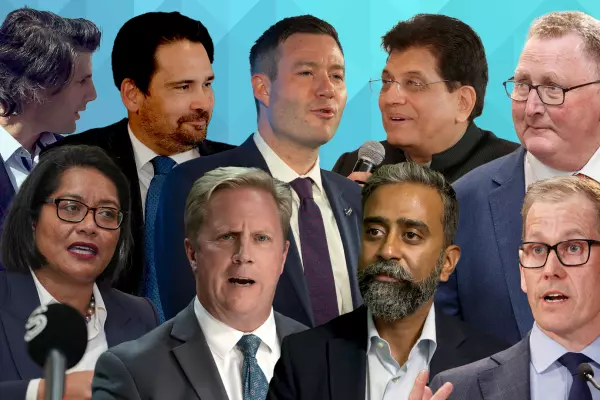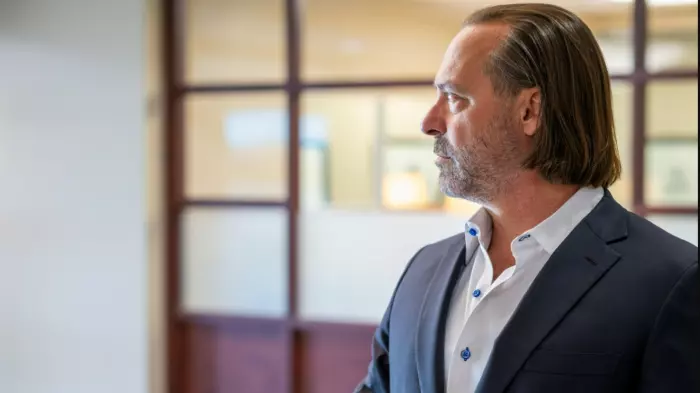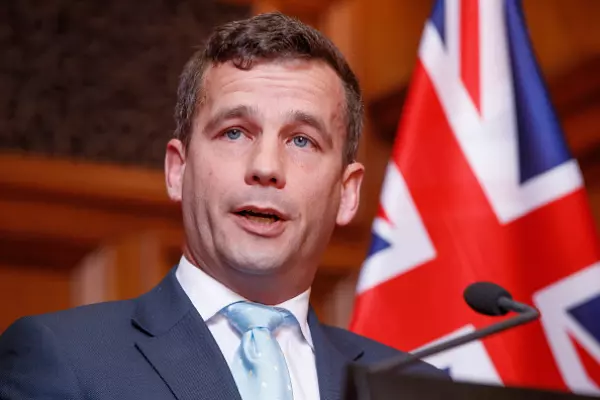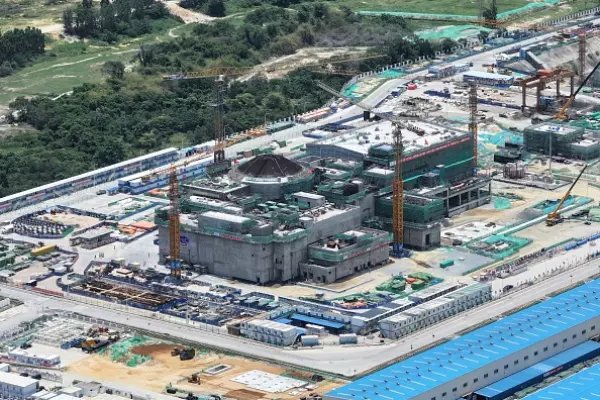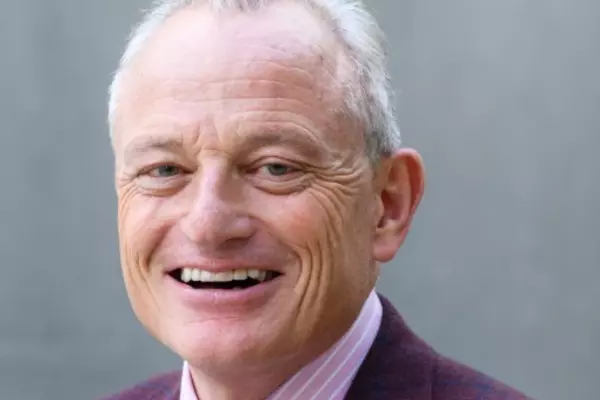A breakaway group of councils opposing the controversial three waters reforms discussed using ratepayer funds to promote like-minded local councillors ahead of the upcoming elections.
The president of Local Government New Zealand (LGNZ), Stuart Crosby, said it was “highly unusual” to use ratepayer money in this way so close to an election.
Communities 4 Local Democracy (C4LD), which was set up last year following disappointment at the way LGNZ approached the reforms, emailed councillors throughout New Zealand in February asking them to show their support and sign a declaration.
“Once completed, this declaration with your signature on it, will be advertised widely throughout the country as part of this campaign strategy and you can use it locally to show your support for protecting local democracy,” it said.
C4LD is made up of at least 32 partner councils. Metropolitan councils pay a $20,000 fee, provincial councils pay $15,000 and rural councils pay $10,000.
Email and meeting notes provided to BusinessDesk show the C4LD oversight group decided in January to email the declaration to both members and non-member councils, that it expected pushback for doing so, and it wanted to encourage councillors to promote the declaration as part of their upcoming campaigns.
"Once complete agree to advertise declaration with names nationally and encourage elected members to promote this as part of their 2022 election campaigns," the notes said.
By February, 125 people had signed. “Disappointing,” the notes said.
The documents also show C4LD welcomed delays in introducing three waters legislation so it was more closely aligned with the October local body elections.
“Makes 3 waters reform an election issue,” the document said. “Where do candidates stand on the issue?”
Victoria University of Wellington associate professor Dean Knight, an expert in local government law, said local authorities needed to stay neutral in local elections when their governing bodies were being elected.
“Backing particular candidates, whether directly or indirectly through a funded lobby group, would compromise that precious neutrality,” he said.
When asked if the elected member declaration would still be advertised, Manawatū mayor Helen Worboys, chair of C4LD, said the details of the group's public campaign were under review subject to what central government did next.
An announcement on three waters is expected on Friday.
“We won’t promote any individual candidates, but if a candidate wants to publicly support the aims of our group and gives voters a clear message of where they stand on this critical debate, that’s their right and we would support them to do so,” she said.
Elected member declarations had been used in the past to show support for various campaigns, and the C4LD declaration had helped clear up misinformation about the group, Worboys said.
“This is an election issue on a local and national basis, and we make no bones about this.”
Divisions, rifts and accusations
Under the proposed reforms, the government intends to shift control of drinking water, wastewater and stormwater from councils to four publicly-owned entities. Labour ministers have made the case for change based on poor water quality and public health risks in some areas, underinvestment in infrastructure, and the inability of some councils to meet future infrastructure costs.
C4LD has argued the government is confiscating assets without adequate compensation and the reforms will negatively impact local control and representation. The group has presented a set of alternatives, based on work done by consultants Castalia.
The emails and meeting notes provided to BusinessDesk show considerable support for C4LD and its approach, but some mayors also expressed deep concerns at its potential to further divide the sector ahead of important reforms and reviews of local government and resource management.
“I feel the only thing we are going to achieve is a greater divide in local government leaders when we still have some rather large pieces of legislation coming at us,” Hauraki district council mayor Toby Adams said in an email.
“The time to stand as one is now more important than it’s ever been.”
LGNZ, the existing representative group for local authorities, earned the wrath of a number of councils last year over its approach to the reforms.
In an email proposing a campaign strategy for C4LD, Malcolm Alexander, the former chief executive of LGNZ who has since been appointed by C4LD to help coordinate its campaign, said: “LGNZ can’t credibly now act in our interests on this issue.”
Meeting notes obtained by BusinessDesk raised the prospect of C4LD advocating on other issues facing the local government sector. The name, which doesn’t refer to three waters, could be used “for pushback against future issues”.
Worboys didn’t directly address a question on whether the group would be used for other issues and if that approach undermined LGNZ.
Crosby, the LGNZ president, said the reforms had become unnecessarily political. LGNZ had actively sought changes to the proposed model, he said.
“We are committed to working with the government and the sector to make sure that all New Zealanders have access to clean, affordable, and safe drinking water, and world class waste water and storm water systems.”
Running interference
After C4LD sent out the elected member declaration in February, Waitaki district mayor Gary Kircher emailed Worboys expressing his disappointment.
In an interview with BusinessDesk, Kircher said Waitaki opposed the current proposed model but informal discussion among councillors had led them not to join C4LD. The group had a right to oppose the reforms, he said, but by approaching individual councillors directly it was unduly interfering in other councils’ business.
“What it comes down to is other councils interfering in our business and in our decisions, and encouraging division for their political ends.”
That appears to be part of the plan.
Notes from a meeting of the plenary group for C4LD in December summarise Alexander, the campaign coordinator, saying part of the strategy was to “create internal competitive tension at councils in 2022 (election year). People will know who is on our side and who is not.”
However, Worboys denied C4LD’s approach was divisive.
“Our fight isn’t within local government, the majority of us agree with the concerns that we’re raising, our aim is to get the government to pause and help co-design a reform that will work for everyone, not the one size fits none model currently proposed.”
Worboys accused LGNZ of agreeing with the government as far back as July last year that it would publicly support, endorse and promote the 3 waters reform programme.
Local government was elected to look after local infrastructure and advocate on behalf of local residents, she said. Membership in C4LD was one way of doing this.
“We’d say that far from being a splinter view, this is one shared by the vast majority of mayors, local councillors and communities, with the current position taken by the government and LGNZ very much the minority view.”


